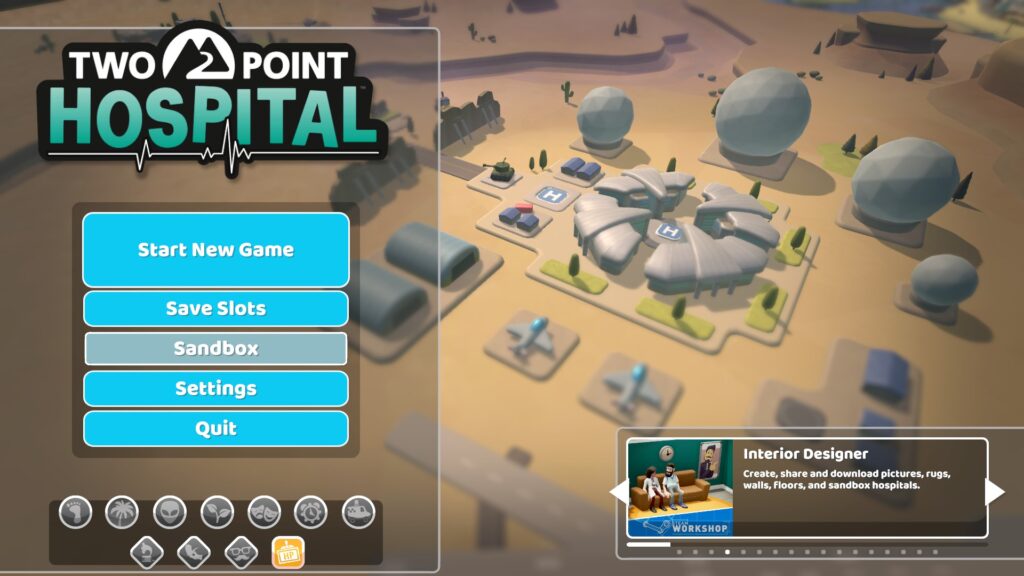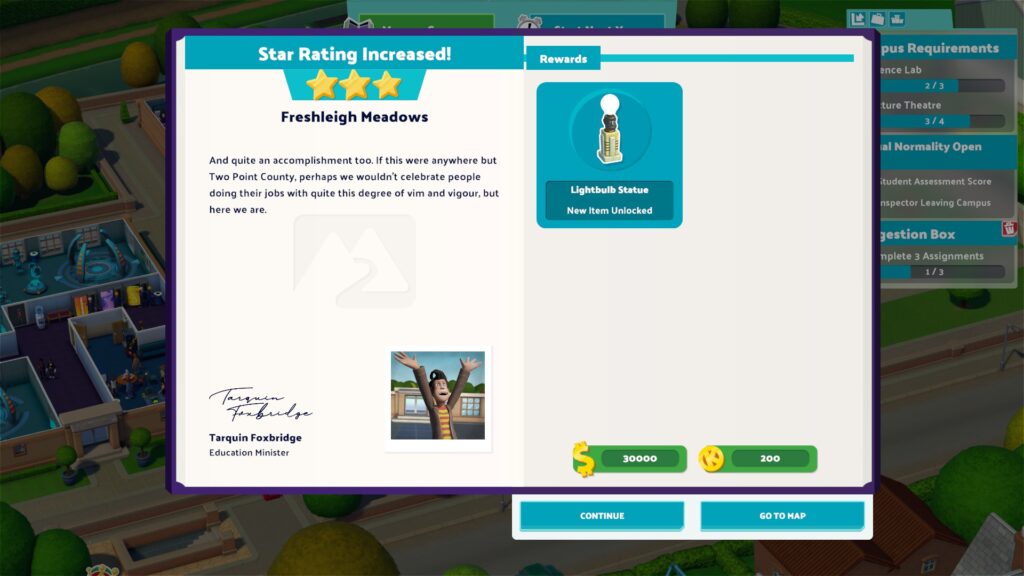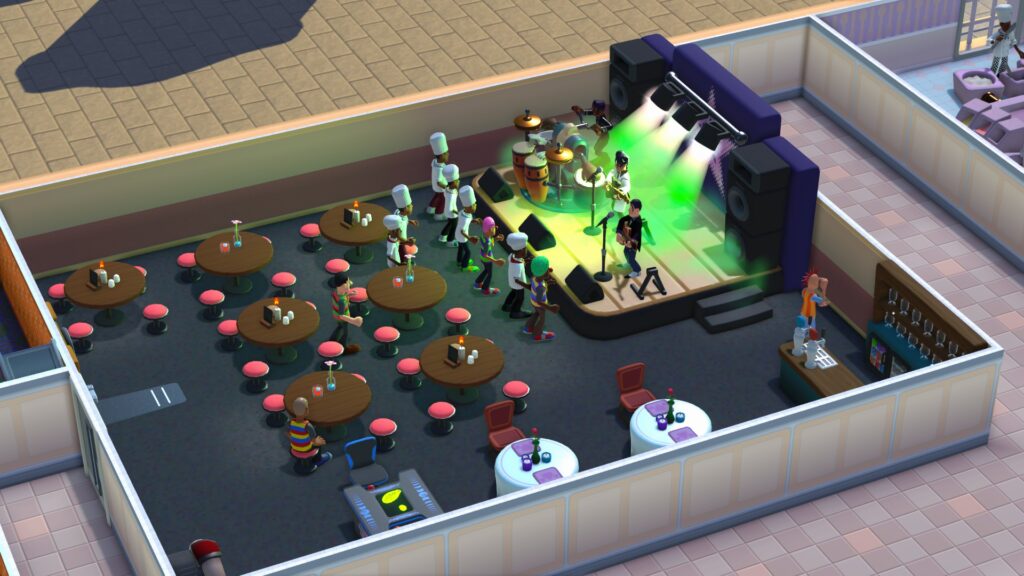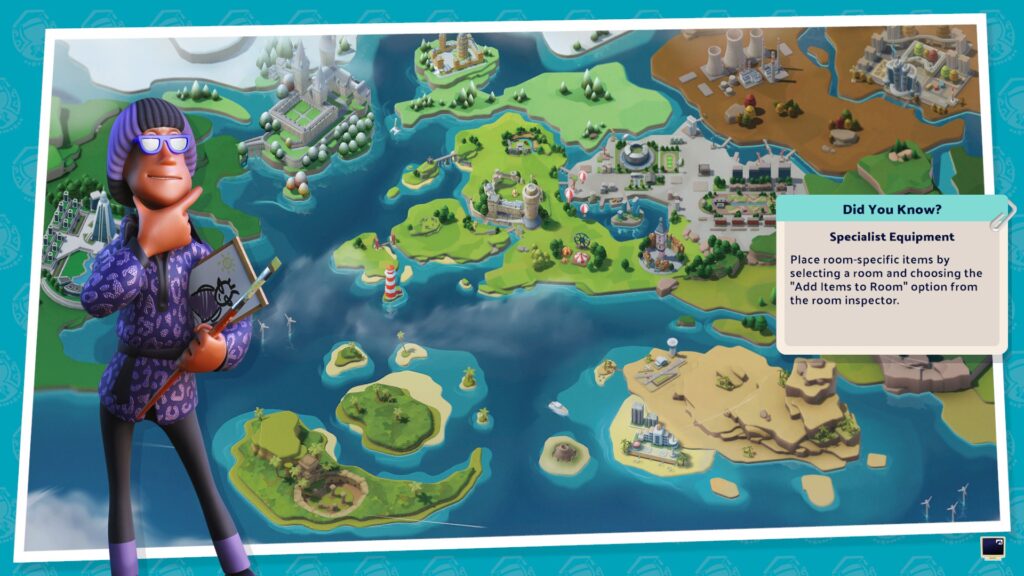I’ve been hitting Two Point Campus quite hard recently. And I’ve re-started Two Point Hospital, too.
Scratching that itch from my early gaming days of playing Theme Park, Dungeon Keeper and Theme Hospital for hours on end.
Bullfrog Studios is one I’ve held in high esteem for decades and when Two Point Studios emerged, I was buzzing!
I’ve been reflecting on the old Bullfrog Games. The big boxes they came in to play on our Windows 95 Compaq Presario and the sheer joy they brought me then, and the same joy I get from the Two Point games, now.
So, I did something a bit different and put together a bit of a history of Bullfrog and Two Point Studios.
It’s all easy enough to find online, but here’s my version, anyway!

Bullfrog Productions
Emerging from the UK in 1987, Bullfrog Productions wasn’t just a game developer; it was a revolution in a bucket hat. Founded by Peter Molyneux and Les Edgar, Bullfrog’s legacy is entwined with innovation, humour, and a penchant for the unconventional. This essay dives into the remarkable journey of these two studios, from Bullfrog’s iconic creations to Two Point Studios’ revival of that spirit.
From Taurus to Tadpole: The early splash
Bullfrog wasn’t always a gaming powerhouse. It sprouted from the soil of Taurus Impact Systems, a business software company established by Molyneux and Edgar in 1982.
However, the call for creativity was too strong, and in 1987, Bullfrog Productions took its first leap, porting Druid II: Enlightenment to the Amiga. This marked the official start of their gaming odyssey.
Populous: The god game genesis
While their early titles saw moderate success, it was 1989’s Populous that propelled Bullfrog into the stratosphere. This revolutionary “God Game” tasked players with shaping the land, controlling their people, and smiting their foes. Its intuitive gameplay, charming graphics, and tongue-in-cheek humour garnered critical acclaim and commercial success, selling over 4 million copies. Populous not only established Bullfrog but also birthed a whole new genre.

The Golden Age: Building theme parks, hospitals, and empires
The 90s were Bullfrog’s golden age. Titles like Theme Park and Theme Hospital offered players the delightful (and often chaotic) task of managing their own amusement parks and healthcare facilities. These games combined strategic depth with quirky charm, becoming cultural touchstones for a generation of gamers.
Beyond theme parks and hospitals, Bullfrog explored darker territories with Syndicate, a cyberpunk strategy game where players control a ruthless megacorporation, and Dungeon Keeper, where the tables are turned, allowing players to build and command an army of impish minions. These diverse offerings showcased Bullfrog’s remarkable versatility and storytelling prowess.
Acquisition and transition: The frog prince loses his crown
In 1995, Electronic Arts, recognising Bullfrog’s potential, acquired the studio. While this initially provided resources and stability, creative tensions arose. Molyneux, known for his ambitious promises, clashed with EA’s corporate structure. His departure in 1997 marked a turning point.

The final splash: Legacy and enduring influence
Despite releasing several notable titles after Molyneux’s departure, including Dungeon Keeper 2 and Black & White Bullfrog eventually closed its doors in 2001.
The reasons were complex, but internal conflicts and changing market dynamics likely played a role.
Bullfrog’s enduring legacy lies in its pioneering spirit, genre-defining titles, and unwavering commitment to fun and innovation.
Their games continue to be cherished by fans worldwide, inspiring countless developers and sparking countless hours of laughter, frustration, and sheer enjoyment. Though the studio may be gone, the ripples of their creativity continue to echo in the gaming world, a testament to the enduring power of the Bullfrog legacy.
From Bullfrog to Two Point: A legacy reborn
However, the story doesn’t end there. The spirit of Bullfrog lived on, resurfacing in the form of Two Point Studios in 2016. Founded by Mark Webley and Gary Carr, veterans of Bullfrog who worked on iconic titles like Theme Hospital and Black & White, Two Point Studios aimed to recapture the magic of their formative years.

Building campuses and beyond: The Two Point legacy continues
Their first project, Two Point Hospital, released in 2018, served as a spiritual successor to Theme Hospital. It captured the essence of the original, offering modern visuals, refined gameplay, and the same brand of hilarious medical mayhem.
The game met with critical acclaim and commercial success, proving that the demand for Bullfrog-inspired experiences was alive and well.
Two Point Studios didn’t just revisit the past; they built upon it.
In 2022, they released Two Point Campus, a university management simulation that expands their signature style to the academic world. While retaining the humour and accessibility of their previous work, Two Point Campus introduces new mechanics and challenges, showcasing the studio’s commitment to evolution within its established niche.
Looking ahead: The future of Two Point Studios
With two successful titles under its belt, Two Point Studios is poised to continue writing its unique chapter in gaming history. They have teased future projects beyond the Two Point brand, hinting at their ambition to explore new genres while staying true to theirs.
Keep an eye here and over at ninjarefinery.com for future releases, because I’ll be on them from day one. Damn, I love these games!
For more opinion pieces like this one, click right here.